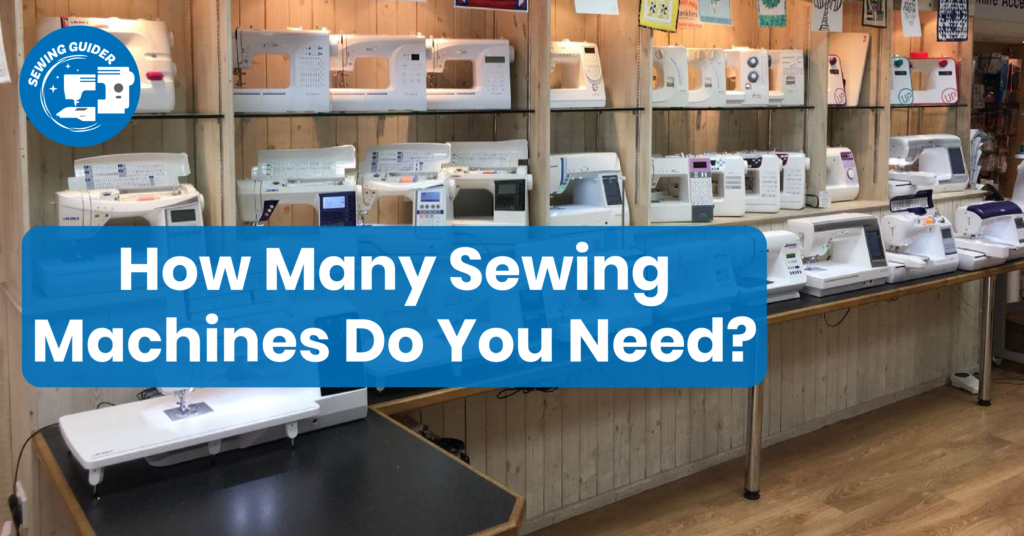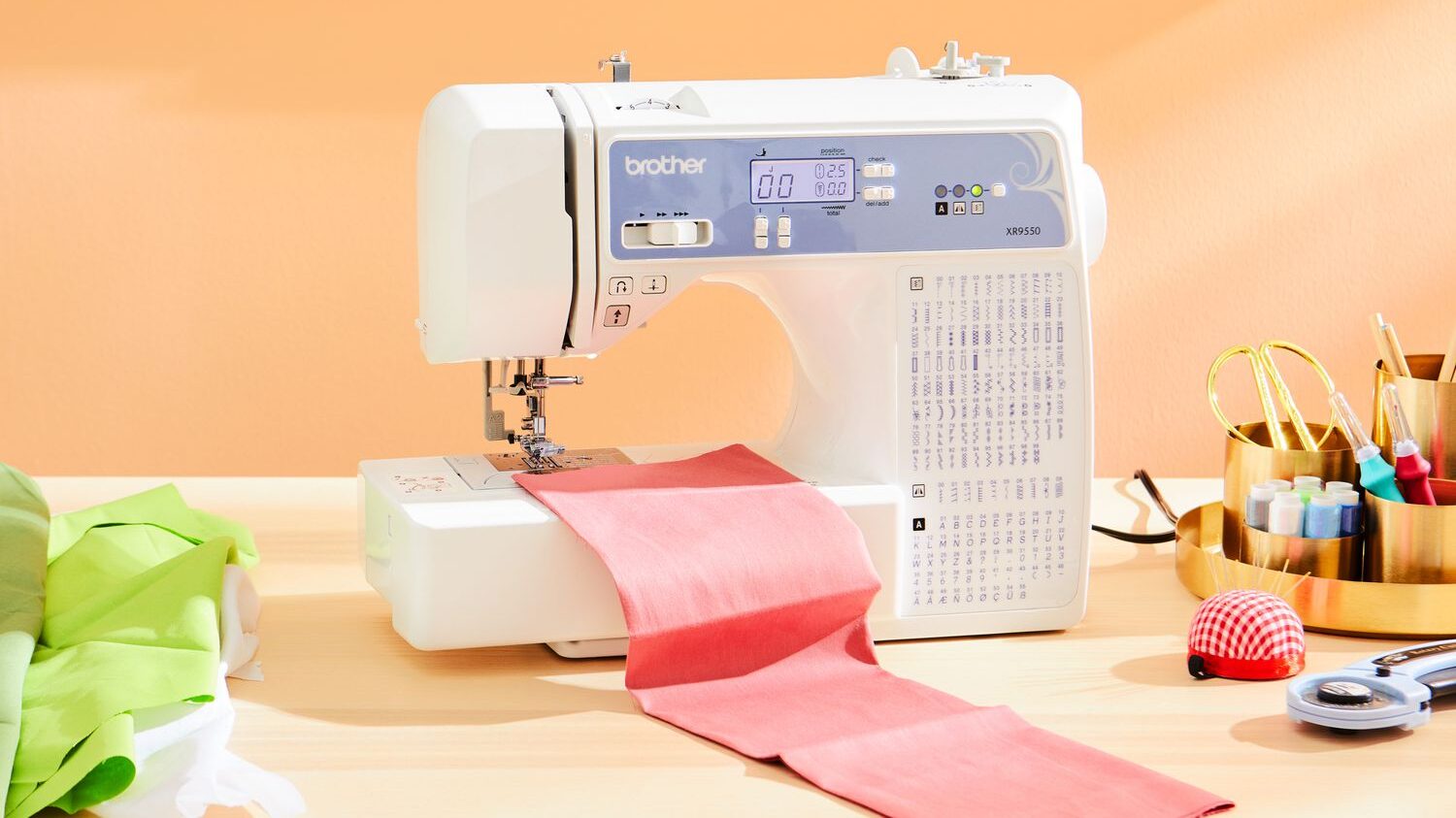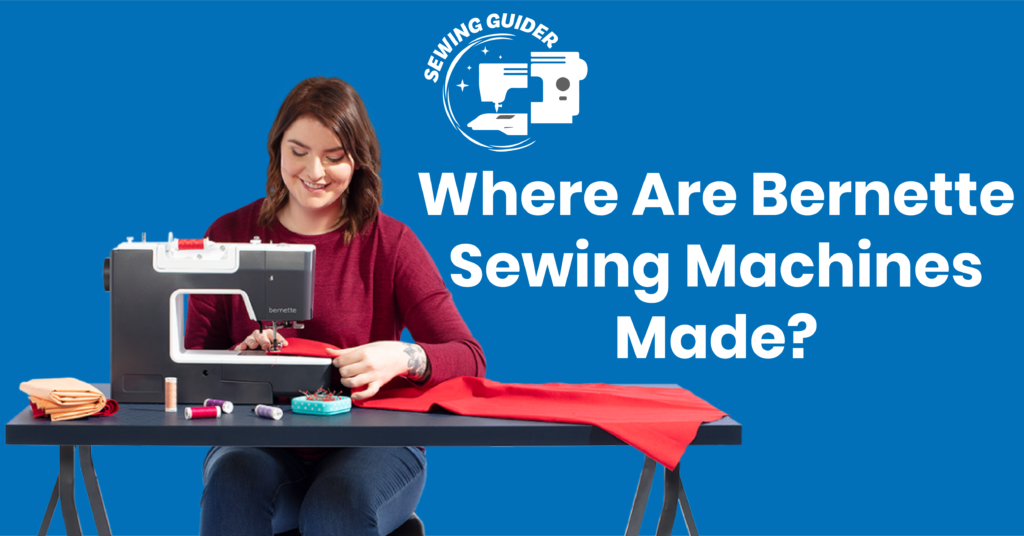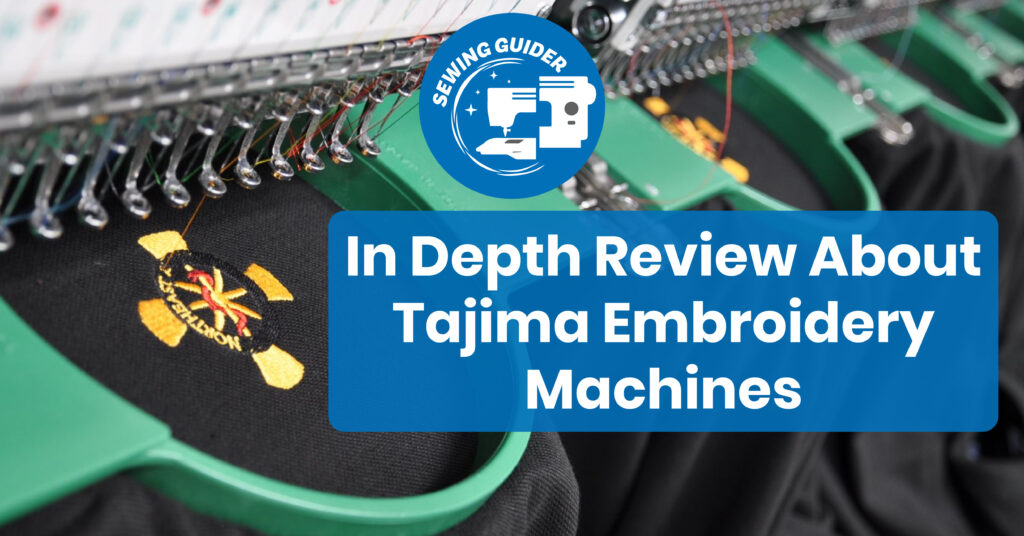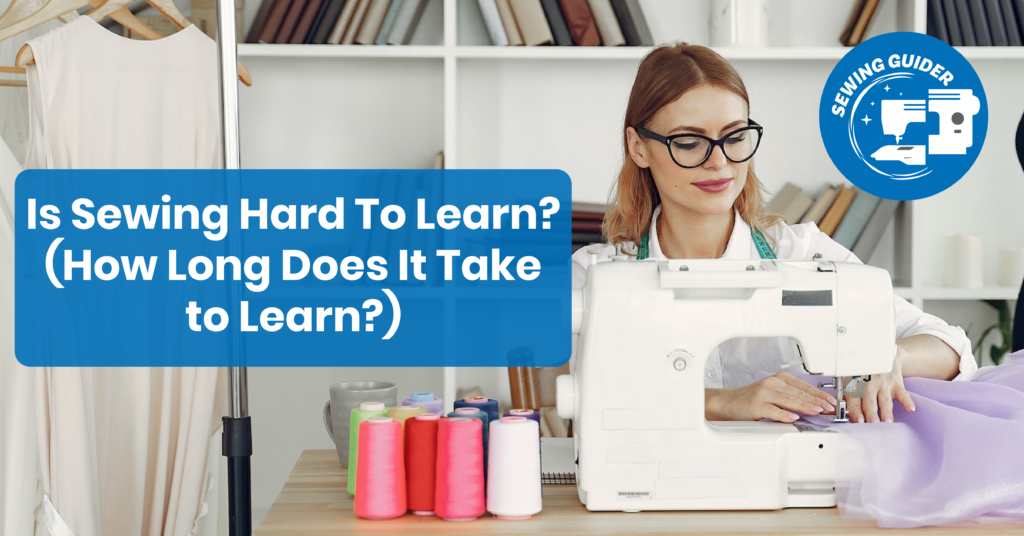One common dilemma when pursuing your passion for sewing is, “How many sewing machines do you need?” While there is no one-size-fits-all answer to this question, this article will provide valuable insights to help you make an informed decision based on your needs and preferences.
Understanding Your Sewing Needs:
The number of sewing machines you require largely depends on the scope and variety of your sewing projects. Let’s explore various scenarios:
Basic Sewing:
One quality sewing machine should suffice if you are a beginner or primarily engage in simple sewing tasks like mending, hemming, and basic alterations. Look for a versatile model that can handle various fabric types.
Specialized Projects:
If you are interested in quilting, embroidery, or other specialized sewing crafts, investing in dedicated machines tailored to these tasks might be beneficial. These machines offer specialized features that can greatly enhance your efficiency and results.
Work vs Hobby:
Consider whether sewing is a hobby or part of your profession. If it’s a profession, having backup machines can ensure your work continues uninterrupted, even if one machine needs repairs or maintenance.
How Many Sewing Machines Do You Need?
The number of sewing machines you need depends on your sewing goals and the variety of projects you undertake. Most people can accomplish their sewing tasks with a single versatile sewing machine. However, if you frequently work on diverse projects with different requirements, you might benefit from having more than one machine.
How Many Sewing Machines Should You Have?
There isn’t a specific number of sewing machines that everyone should have. It’s a personal choice based on your sewing interests and needs. Consider the types of projects you do and whether a specialized machine would significantly enhance your efficiency and results. One high-quality sewing machine should suffice for most casual sewers and even some intermediate-level sewers.
How Do I Choose a Sewing Machine?
When choosing a sewing machine, consider the following factors:
- Skill Level: Beginners may want a basic machine, while experienced sewers might prefer a more advanced one.
- Type of Sewing: Consider the projects you’ll work on, such as clothing, quilting, or embroidery.
- Budget: Sewing machines come in various price ranges, so set a budget that aligns with your needs.
- Features: Consider the features you need, such as built-in stitches, automatic threading, and embroidery capabilities.
- Brand and Reviews: Research reputable sewing machine brands and read reviews to find a reliable model.
Maintenance and Repairs
Regular maintenance is vital to ensure the longevity of your sewing machines. Owning multiple machines may increase maintenance costs and time. Evaluate if you have the resources and time to maintain them all.
Is it Necessary to Have a Sewing Machine? Why?
Depending on your needs and interests, a sewing machine can be necessary or beneficial. Here are a few reasons why it might be necessary:
- Clothing Repairs: If you often need to repair or alter your clothes, a sewing machine can save you time and money compared to taking them to a tailor.
- DIY Projects: If you enjoy crafting, quilting, or making clothing, a sewing machine is essential for these creative pursuits.
- Cost Savings: Over time, a sewing machine can pay for itself by allowing you to create and repair items at home instead of buying new ones.
- Customization: With a sewing machine, you can customize your clothing and home decor to your preferences.
What Size Sewing Machine Should You Buy?
Sewing machines come in various sizes, but the most common size is a standard domestic sewing machine. These machines are compact and suitable for most home sewing projects. The size of your sewing machine depends primarily on the space you have available for it and your specific sewing needs. Larger industrial-sized machines are typically only necessary for home use if you’re pursuing a specialized sewing career or business.
In summary, a sewing machine and the number of needed machines depend on your sewing goals and preferences. Start with one versatile machine and consider additional ones if your sewing interests expand. When choosing a sewing machine, carefully assess your requirements, budget, and available space to make an informed decision.
Frequently Asked Questions
How many sewing machines do I need as a beginner?
As a beginner, one sewing machine is typically sufficient. Focus on learning the basics and building your sewing skills with a single machine before considering additional machines for specialized tasks.
Should I invest in multiple sewing machines as a professional seamstress or tailor?
Professional sewers may benefit from having multiple sewing machines, especially if they work on various projects. Having specialized embroidery, quilting, and sewing machines can improve efficiency and quality.
What types of sewing machines should I consider if I want more than one?
Consider specialized machines based on your specific sewing needs. For example, an embroidery machine for intricate designs, a serger for finishing edges, and a heavy-duty machine for thick fabrics or leather.
Is buying multiple machines or one high-end, multi-functional machine more cost-effective?
The cost-effectiveness depends on your sewing needs. A high-quality multi-functional machine may be more cost-effective if it can handle most of your projects. Specialized machines can be expensive but offer superior performance in their respective areas.
Should I keep a backup sewing machine?
Keeping a backup sewing machine is a good idea if you heavily rely on sewing for work or business. It ensures you can continue working even if your primary machine needs repairs.
Can I use one sewing machine for both basic and advanced sewing projects?
Many modern sewing machines are versatile and suitable for basic and advanced projects. Look for machines with adjustable settings and various stitches to accommodate different sewing tasks.
What should I consider when deciding to buy an additional sewing machine?
When considering an additional sewing machine, consider the specific projects you undertake and whether a specialized machine would significantly improve your work. Consider factors like budget, available space, and the learning curve for a new machine.
Is there a limit to the number of sewing machines I can have?
There’s no specific limit to the number of sewing machines you can own. Still, practicality and available space play a significant role in your decision. Remember your sewing needs and avoid accumulating machines you won’t use.
Should I upgrade my sewing machine instead of buying an additional one?
Upgrading your sewing machine to a more advanced model with additional features can be a good alternative to buying multiple machines. Evaluate whether the upgrade meets your specific project requirements.
How do I store multiple sewing machines properly?
Store your sewing machines in a clean, dry, and dust-free environment. Use dust covers when not in use, and if possible, store them in their original cases or cabinets to protect them from damage.
Conclusion
In summary, no universal answer exists to how many sewing machines you need. Your sewing goals, budget, and available space will determine your ideal number. Whether you choose one versatile machine or multiple specialized ones, the key is prioritizing quality and functionality to make your sewing experience enjoyable and productive.

